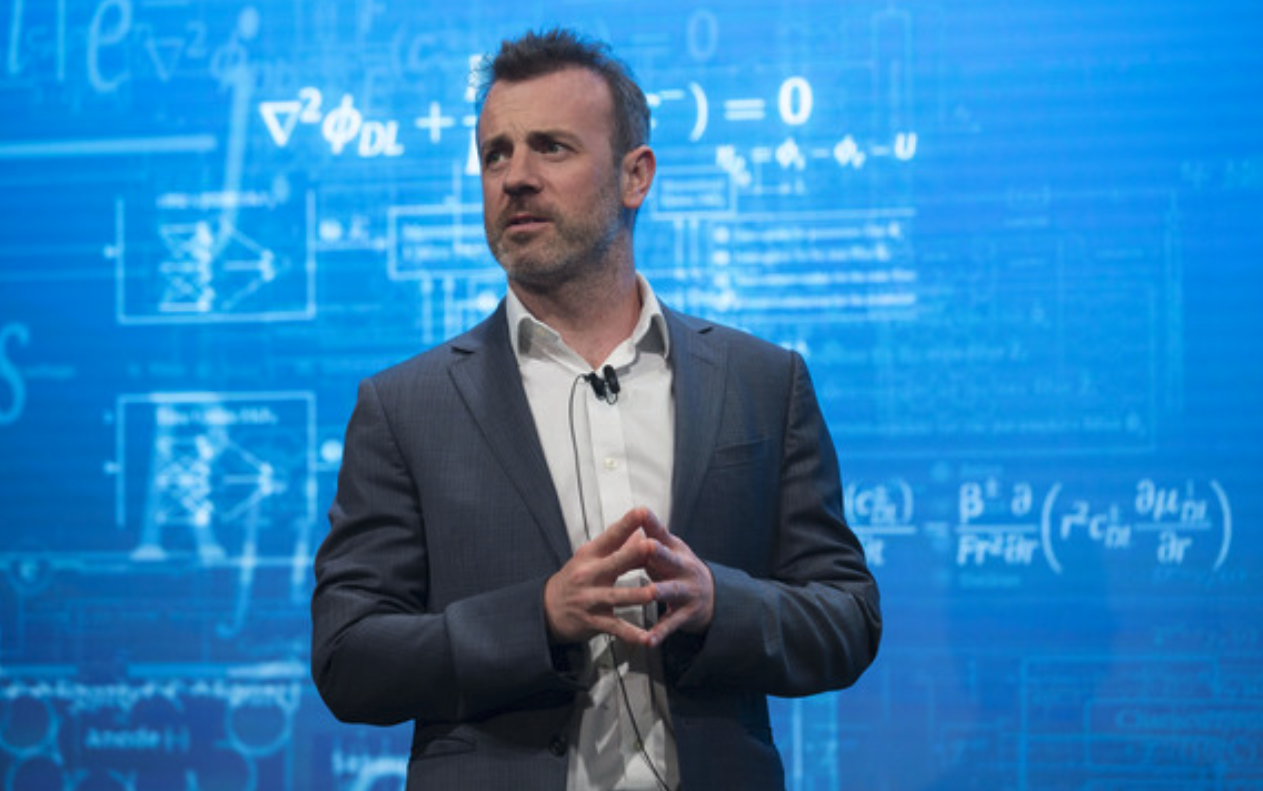Oil and gas giants are backing more startups in Europe, but only a minority of their investments are working on renewable energy tech, according to Sifted analysis.
Companies are under increasing pressure to move their businesses towards sustainable energy generation — and investments into startups are often heralded as a way to do that.
We analysed the portfolios of the six oil and gas companies that have made the most investments into European startups since the first investment we could find, in 2009. The companies are Saudi Aramco, Chevron, Equinor, Shell, BP and TotalEnergies.
Sifted has used a combination of data from Dealroom, press releases and publicly available portfolio breakdowns to analyse each company’s startup investments. Sifted has also reached out to each company mentioned for confirmation.
European investments are on the up
2022 saw 29 investments from the group into European startups (compared to 30 for US startups from the same six companies). So far this year, there have been 19 rounds involving oil and gas CVC investment.
According to Dealroom, the companies took part in rounds worth a total of $570m in 2022. This year’s total has nearly caught up — currently at $561m.
There have been fewer deals so far this year but there have been a few high ticket rounds that brought the total up: notably a $140m Series C for robotics startup Oxa, backed by BP, and a $90m round for Norway’s Kongsberg Digital, a shipping insight platform backed by Shell. Kongsberg Digital also produces digital twins of oil rigs.
Chevron began investing in European tech before the rest of the pack, back in 2009. Out of the six companies Sifted analysed, the one that’s made the most European investments is Shell, which has backed 44 companies. It’s important to note that some rounds may not have been disclosed.
It’s also important to note that companies like US-based Chevron back significantly more American startups than European ones.
But what are they actually backing?
Industrial tech
Out of 200 deals Sifted analysed, 25% of them were for industrial tech for the existing oil and gas industry. Where more than one of the companies backed the same startup, we counted that as multiple deals.
Deals within industrial tech include companies like Hydrophilic, part of Equinor’s portfolio, which is building tech that identifies where petroleum reservoirs are located.
Some of the companies within the category are for monitoring and measuring the industry — such as Nicoustic, a German solid and liquid detection company — tech that can be used for oil, gas and renewables.
Carbon capture and storage
Sifted found 14 deals from oil and gas companies into carbon capture and storage (CCS) companies since 2009. CCS is a process where emissions from oil and gas production are removed at the point of source. Climate experts have warned that an overreliance on CCS could undermine efforts to phase out fossil fuels.
The CCS deals Sifted analysed include companies like Carbon Clean Solutions, a UK startup that secured $150m from investors including Saudi Aramco and Chevron, as well as earlier backing from Equinor. Likewise, Swiss company Daphne Technology, which is working on mobile carbon capture, has received funding from multiple oil and gas companies.
Renewable energy tech
Sifted identified 11 deals, 5.5% of the total, which went to companies working on renewable energy technology.
They include NexWafe, a German company working on next generation wafers for solar power cells — which received backing from Saudi Aramco in its €30m Series C round earlier this year. Others include ZOLA Electric, a German company working on the deployment of solar panels across Africa. TotalEnergies joined the company’s $90m round in 2021.
There are a few curve balls in the portfolios too — such as Chevron’s backing of a brain tumour startup (albeit in the US), or BP Ventures’ backing of Victor, a private jet startup.



